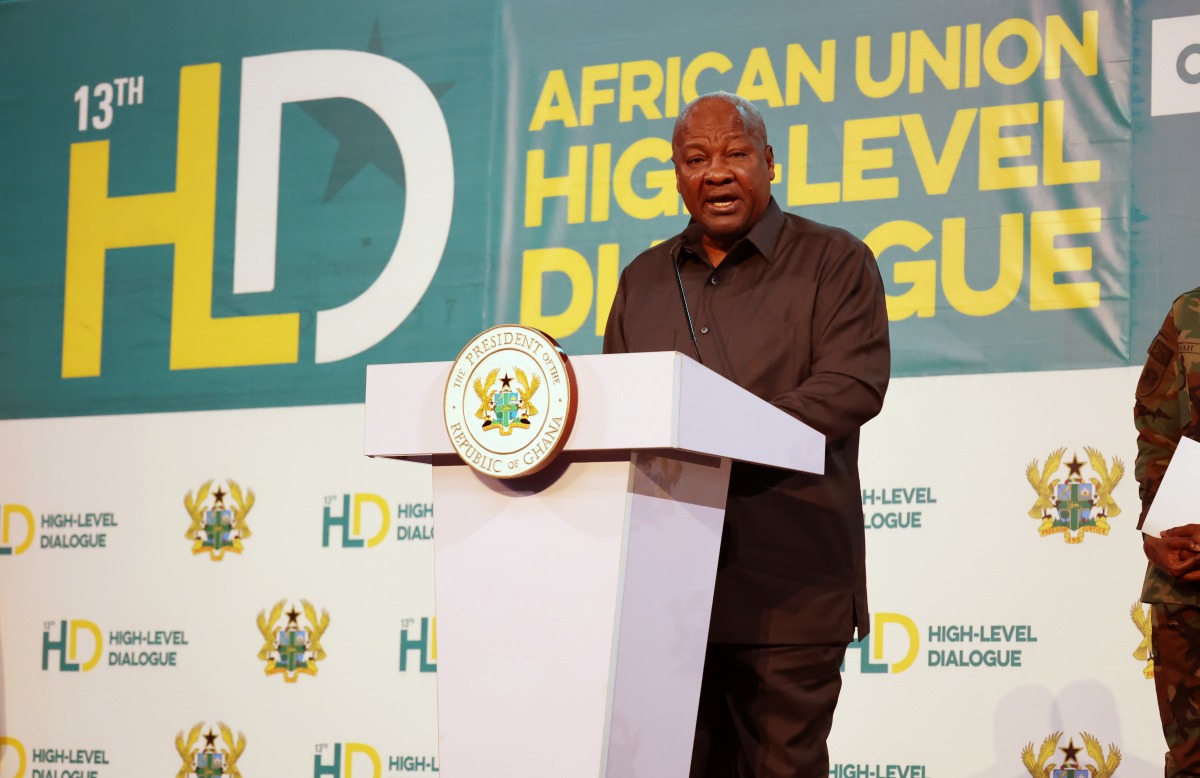Ghanaian President John Dramani Mahama delivers a speech at the opening of the 13th African Union High-Level Dialogue on Democracy, Governance and Human Rights in Accra, Ghana, on July 29, 2025. (Xinhua/Seth)
Accra: Ghanaian President John Dramani Mahama on Friday handed over 40 metric tonnes of relief items to the people of Palestine amid the crisis in Gaza.
Mahama said the items, mostly Ghana-made cocoa-based food products, are to alleviate the hunger of the people of Palestine.
"This donation emphasizes Ghana's commitment to global peace and compassion," the president said, adding that cocoa, as one of Ghana's most valuable natural resources, represents resilience, generosity, and economic livelihood for millions of Ghanaian farmers.
"Ghana supports a peaceful, negotiated two-state solution between Israel and Palestine, in line with international law and United Nations resolutions," Mahama stressed.
Palestinian Ambassador to Ghana Abdalfatah Ahmed Khalil Alsattari expressed appreciation to the president and people of Ghana for the kind gesture. Xinhua






